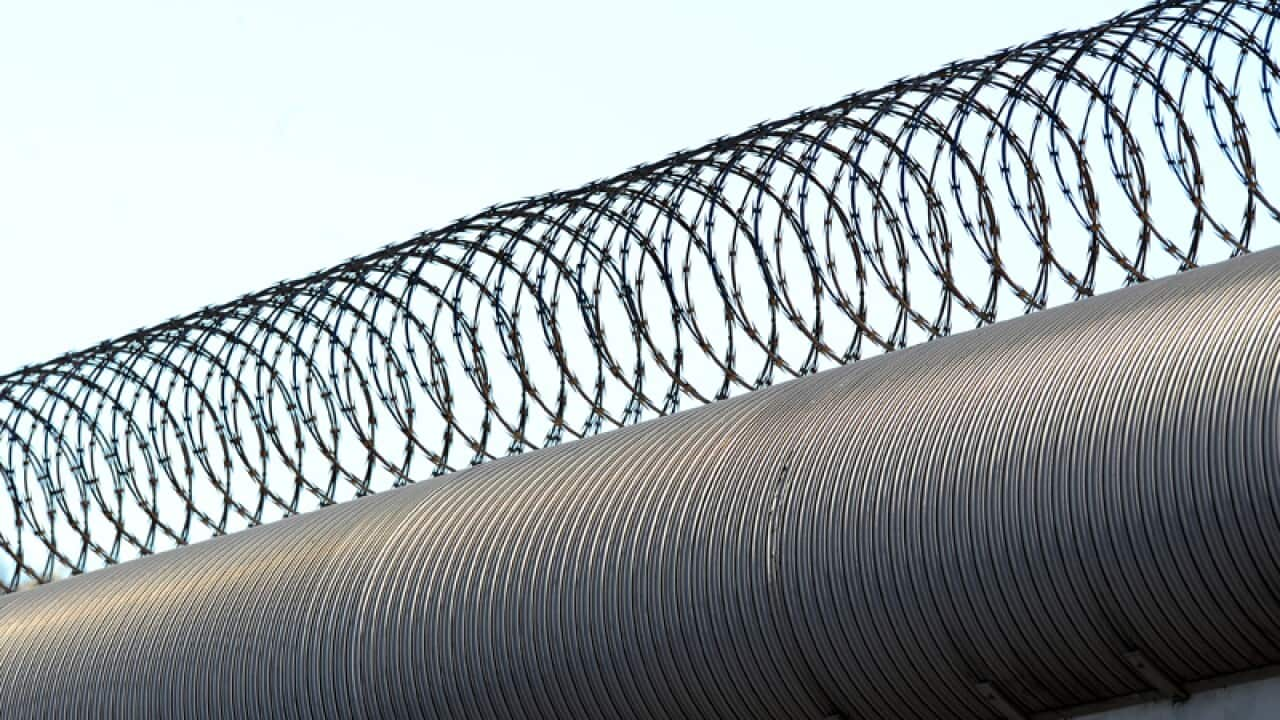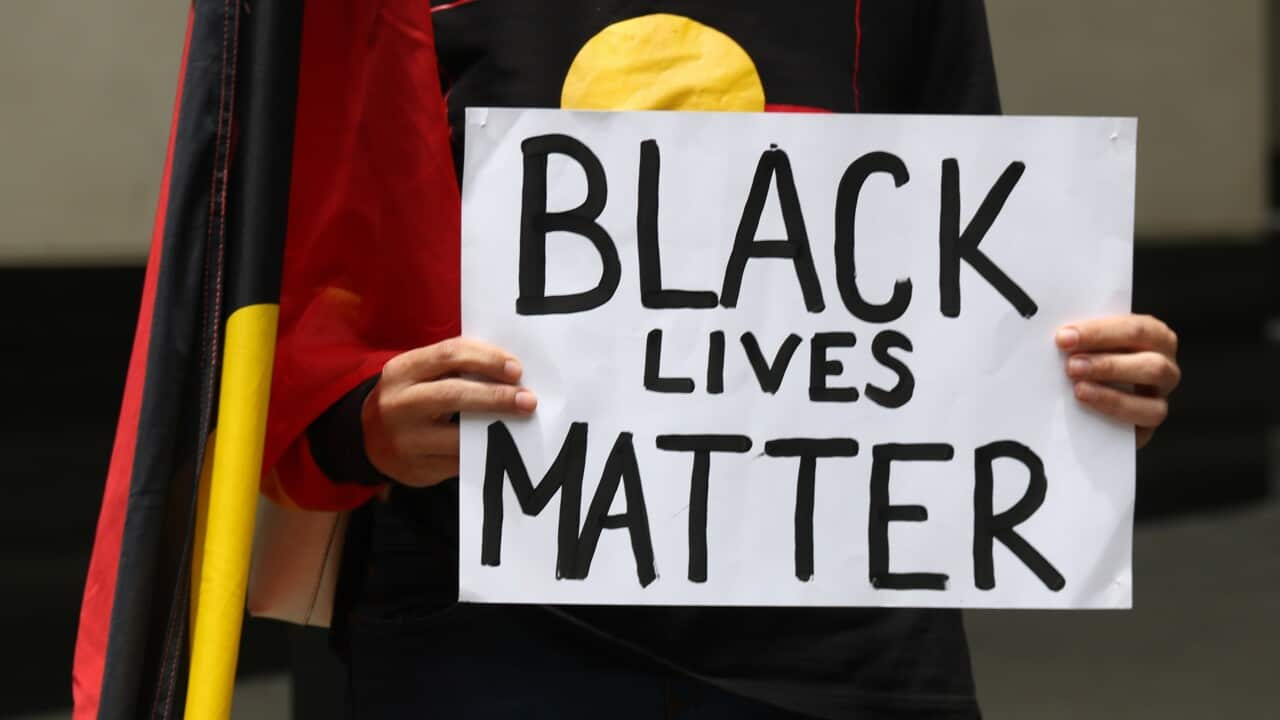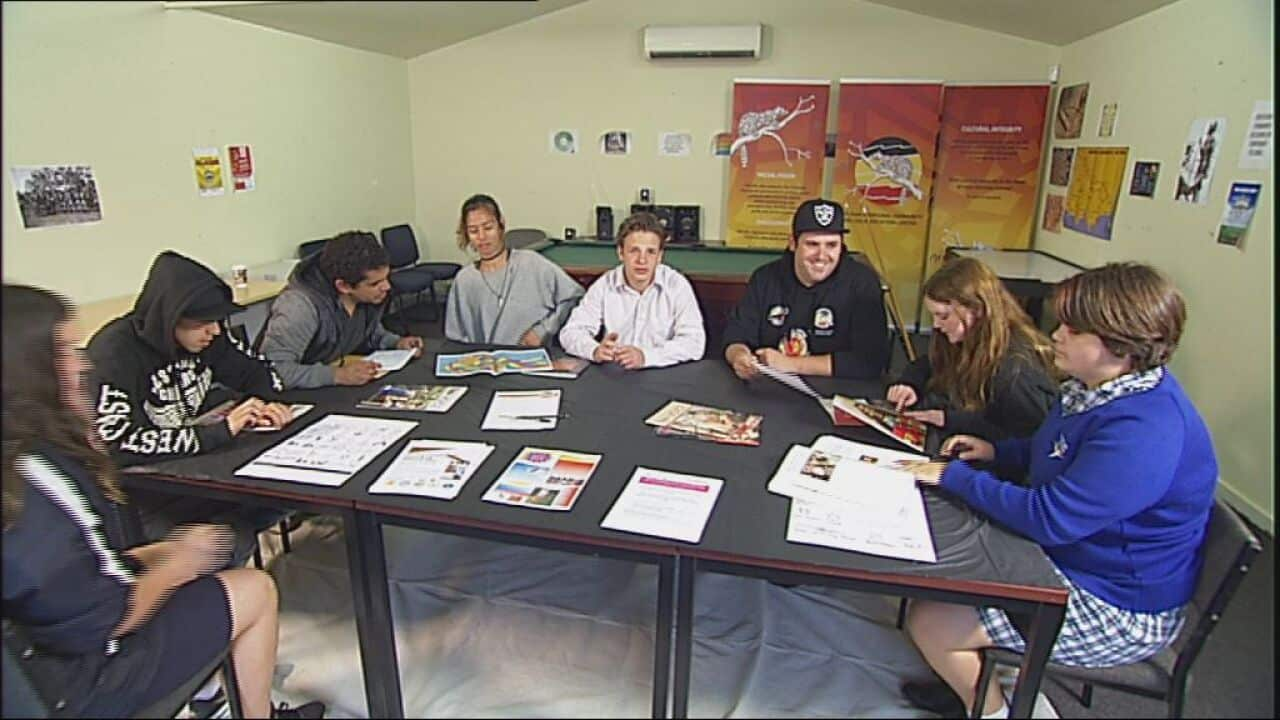More than two decades after the landmark Royal Commission into Aboriginal Deaths in Custody, an examination of the over-representation of Indigenous Australians in the prison system has been announced.
“It is a sad reflection on Australia that our first peoples are so grossly over represented in our nation's prisons,” Attorney-General George Brandis said.
The Turnbull government will ask the Australian Law Reform Commission to examine the factors leading to the worrying statistic that Indigenous Australians make up 27 per cent of the nation's prison population.
Indigenous children and teenagers are 24 times more likely to end up in prison than their non-Indigenous peers while Indigenous women are 30 times more likely to end up behind bars.
“Those statistics of course paint a stark picture," Mr Brandis said.
"A picture of failed initiatives and floored or incomplete performance, which despite the best intentions, often deliver little in the way of tangible progress.”
The inquiry was announced in a joint-statement by the Attorney-General and Indigenous Affairs Minister Nigel Scullion who described the situation as a "national tragedy".
"The terms of reference will be subject to consultation, particularly with Indigenous Australians, state and territory governments who have primary responsibility for our criminal justice frameworks, as well as the broader legal profession," the statement read.
While the federal opposition supports the announced inquiry it doesn’t think it is the best way to achieve the desired results.
“It is a fact in this country that your skin colour is one of the more reliable predictors of whether or not you will get a jail sentence,” Opposition Leader Bill Shorten said.
“Talk to the lawyers, talk to communities. We need more non-custodial sentences to help deal with a range of the issues.”











